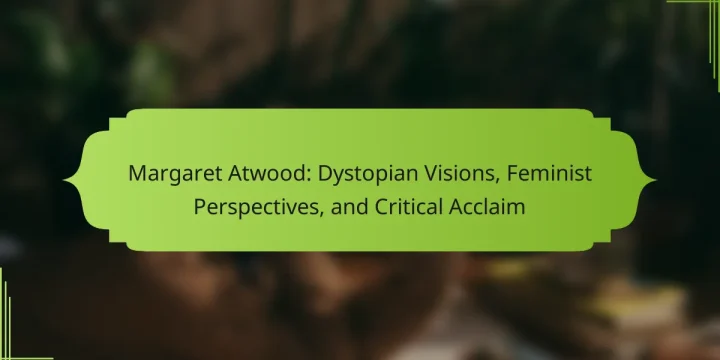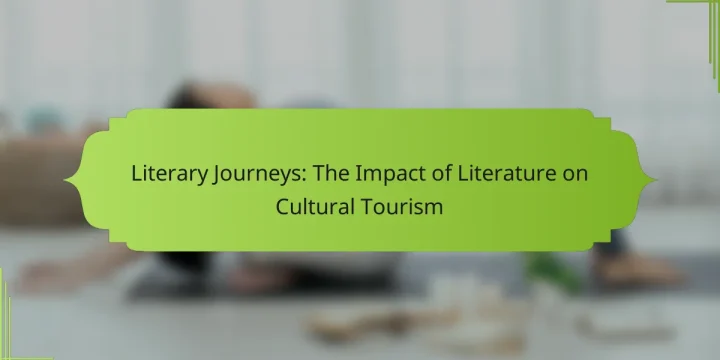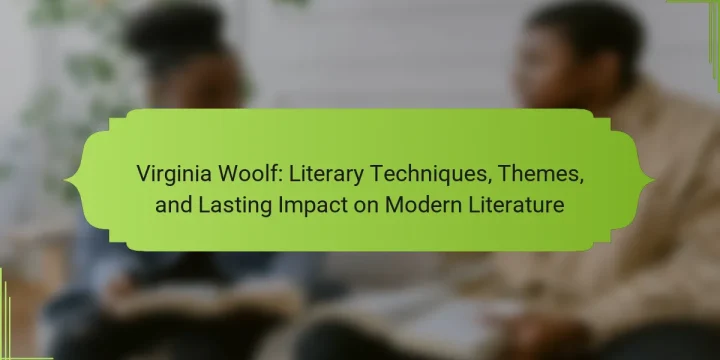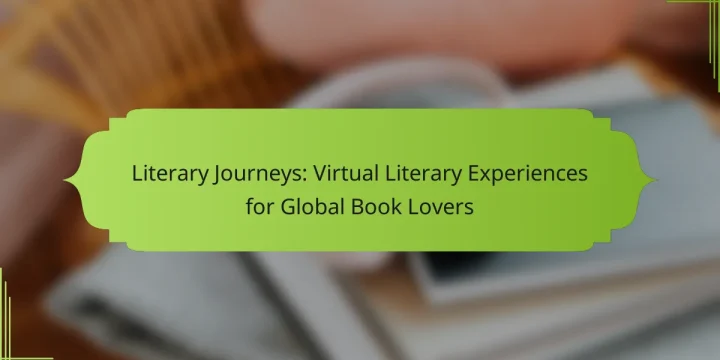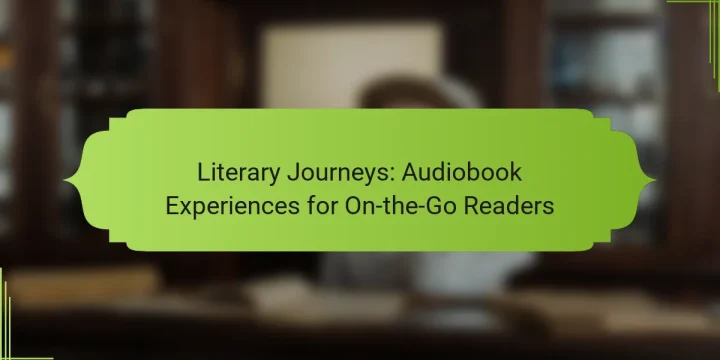
Audiobooks offer a convenient way for on-the-go readers to enjoy literature while multitasking. They enhance the experience with engaging narrators and unique content, catering to diverse preferences. Popular formats include streaming services, downloadable files, and CDs, each addressing different listener needs. However, challenges like limited internet access and background noise can impact the listening experience. How do audiobooks enhance the reading experience for on-the-go listeners? Audiobooks significantly enhance the reading experience for on-the-go listeners by providing convenience and accessibility. They allow users to consume literature while multitasking, such as during commutes or workouts. Audiobooks cater to diverse learning styles, making stories more engaging through vocal performances and soundscapes. Moreover, they offer a unique attribute of enabling listeners to absorb content at their own pace, whether speeding up or slowing down…


